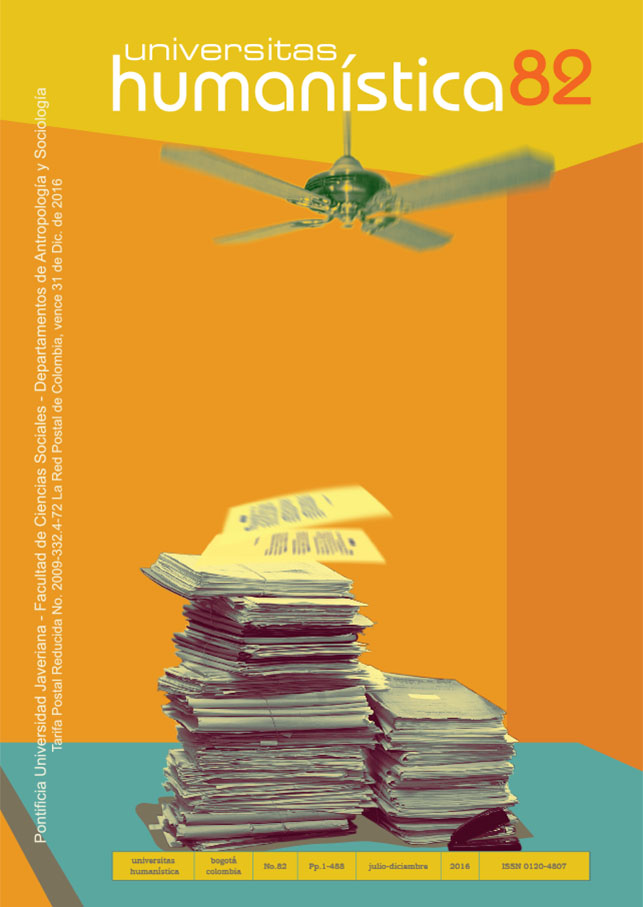Resumo
A adopção, uso e difusão das Novas Tecnologias da Informação e Comunicação (NTICs) dentro das organizações públicas já foi um assunto do máximo interesse durante os últimos anos, em parte por causa de uma esperada certa mudança nas relações Estado-sociedade. Em contraste com as perspectivas que superestimam o papel da tecnologia na promoção de uma administração pública mais aberta e eficaz, o artigo explora uma dimensão importante para o pleno desenvolvimento das potencialidades outorgadas a essas novas tecnologias, a integração do aspecto humano. A análise então, centra na potencialidade do governo eletrônico para fomentar a participação cidadã. Para isso, revisitaram-se os sites dos 32 municípios capitais dedepartamento na Colômbia e avaliou-se a presença de um grupo de características orientadasao fornecimento de informação, consulta cidadã e participação e engajamento ativo cidadão.

A revista Universitas Humanística encontra-se registada sob a licencia Creative Commons Versão 4.0 Internacional. Portanto, esta obra pode se reproduzir, distribuir e comunicar publicamente em formato digital, sempre que dado o crédito apropriado para os autores e a Pontificia Universidad Javeriana. Permite-se citar, adaptar, remixar, transformar, autoarquivar, republicar e criar a partir do material, para qualquer fim, mesmo que comercial, sempre que indicado apropriadamente o nome do criador, provido um link para a obra original e indicado se mudanças foram feitas. A Pontificia Universidad Javeriana não retém os direitos sobre as obras publicadas e os conteúdos são responsabilidade exclusiva dos autores, os quais conservam seus direitos morais, intelectuais, de privacidade e publicidade.
O aval sobre a intervenção da obra (revisão, correção, edição, tradução, formatação) e a subsequente difusão disponibiliza-se através de licença de uso e não através de transmissão de direitos, o que representa que a revista e a Pontificia Universidad Javeriana são isentas de qualquer responsabilidade que puder se derivar de uma prática ética pobre por parte dos autores. Em consequência da proteção fornecida pela licença de uso, a revista não fica na obrigação de publicar retratações ou alterar informações já publicadas, a não ser que a errata seja decorrente do processo de gestão editorial. A publicação de conteúdos nesta revista não representa royalties para os contribuintes.


